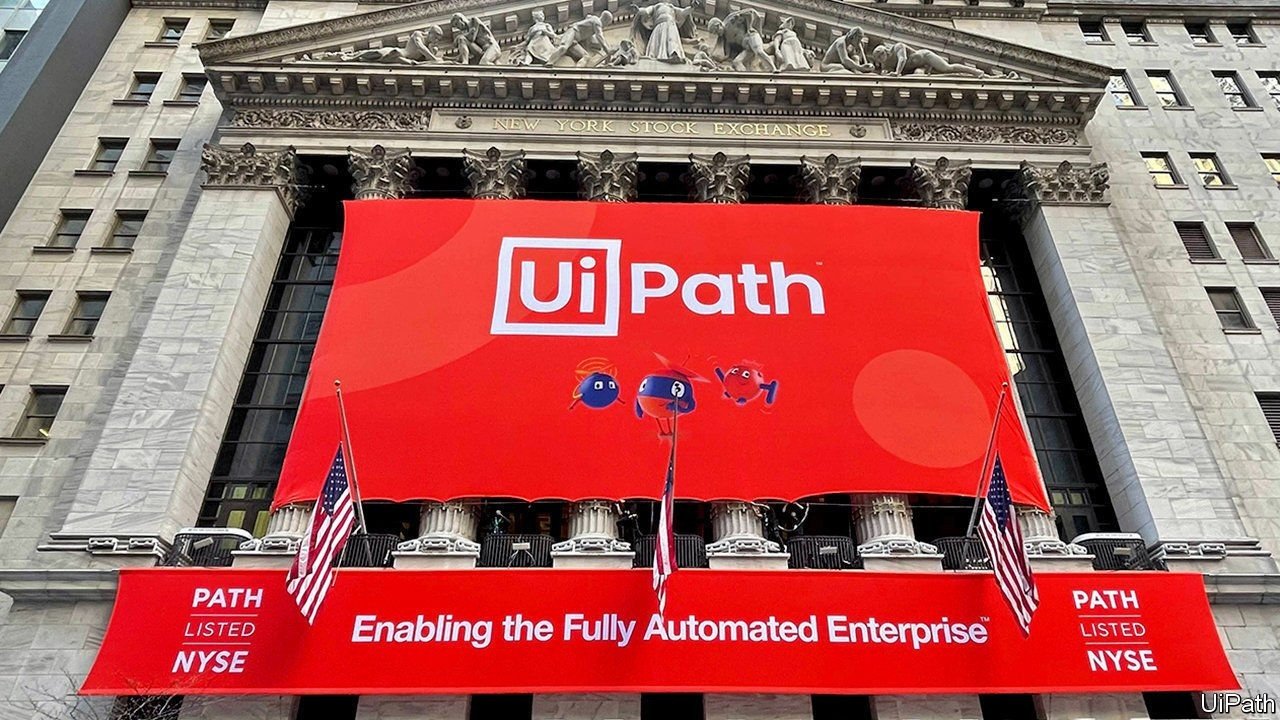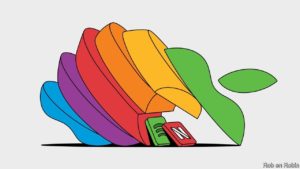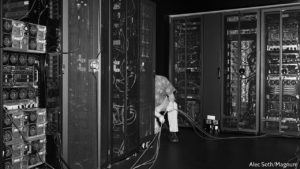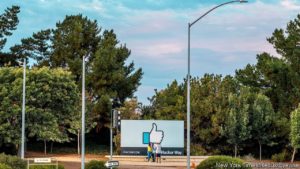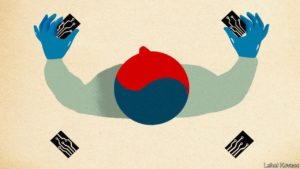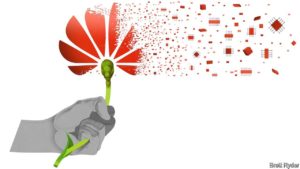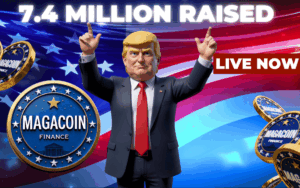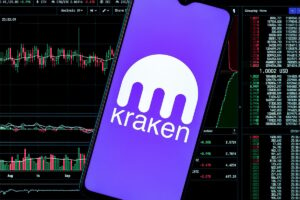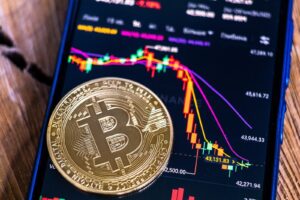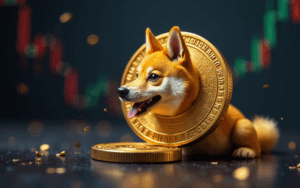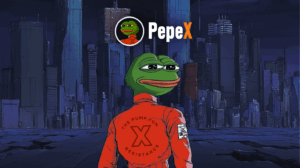https://www.economist.com/node/21800565?fsrc=rss%7Cbus

A Romanian startup rides a wave of automation to a blockbuster stockmarket listing
THE PANDEMIC will fade, but its effects will linger. With workers confined to their homes, many of the processes they would once have carried out in the office had to be automated. This has given a boost to “robotic process automation” (RPA), a tautological label for software that does this. Having got a taste of RPA, managers want more. This desire helps explain how UiPath, an obscure software firm from Romania, managed on April 20th to raise $1.3bn in an initial public offering (IPO) on the New York Stock Exchange. This valued it at around $30bn, higher than what Spotify, the hit Swedish music-streaming service, fetched when it listed in 2018.
All corporate information technology (IT) is about automation. But often a company’s various systems do not talk to each other. Information from invoices or from software that lacks an export function has to be copied by hand. Advances in artificial intelligence, specifically computer-vision algorithms that can scan documents and scrape computer screens, have enabled UiPath and its competitors, such as Automation Anywhere and Blue Prism, to do away with this tedium.
Narrowly defined, the RPA market is small, with sales of no more than $3bn last year, estimates Saikat Ray of Gartner, a research firm. So UiPath and its rivals have built “automation platforms”, which include programs to identify tasks and others to perform them. By automating ever more processes, such tools create their own demand. In this broader view, sometimes called “hyperautomation”, RPA could generate $30bn a year in the next three to five years, says Mr Ray. Bain, a consultancy, puts the figure at $65bn.
Whether you define the market broadly or narrowly, UiPath is estimated to have nearly a third of it. Like Daniel Ek of Spotify, Daniel Dines, who founded UiPath in 2005 and relaunched it in 2012 as an RPA vendor, knew that to succeed he had to think beyond his small home market and even Europe. Before the pandemic UiPath invested heavily in global distribution. Covid-19 then came at just the right time. Revenues nearly doubled to $600m, bringing the firm close to profitability.
Keeping its lead will not be easy. The giants of corporate IT, including Microsoft (where Mr Dines cut his teeth) and SAP, are pushing into process automation. They have deep relationships with many firms, can offer bundles of business software and sell their RPA wares cheaply or give them away for nothing. UiPath does not have a moat to protect it against this onslaught, says Zane Chrane of Bernstein, a broker. Its first-day share-price pop of 20% merely brought it back in line with the valuation in a private funding round in February—modest by recent tech-IPO standards. Still, Mr Chrane thinks the market is big enough for many vendors. Plenty of customers may prefer UiPath’s specialised products to less cutting-edge RPA add-ons in a bundle.
The Romanian firm has already succeeded in one respect: offering more proof that Silicon Valley is losing its monopoly on brilliant startups, says Rich Wong of Accel, a venture-capital firm (who sits on UiPath’s board). Besides pushing companies to embrace automation, covid-19 has pushed venture capitalists to embrace Zoom pitch meetings—and clever ideas outside the range of their Teslas. A decade ago three-quarters of early-stage venture deals by value occurred in America. Last year the same share happened outside it. ■
This article appeared in the Business section of the print edition under the headline “The robots are coming”
